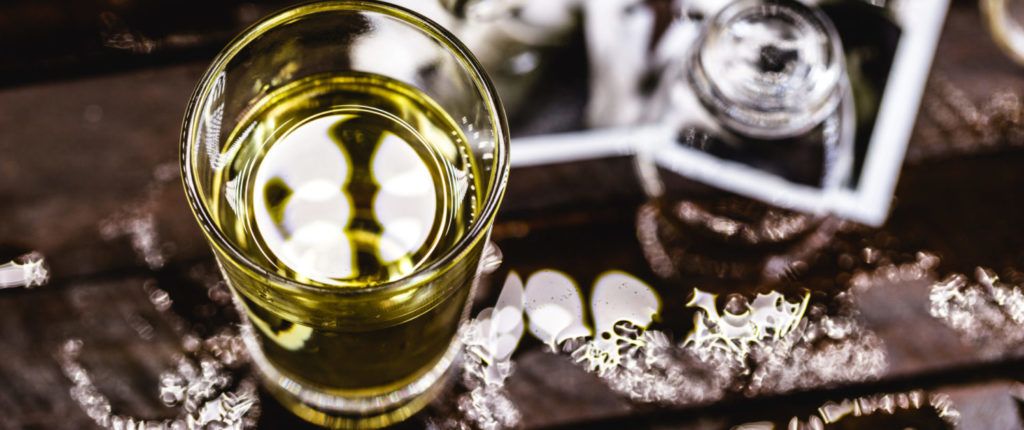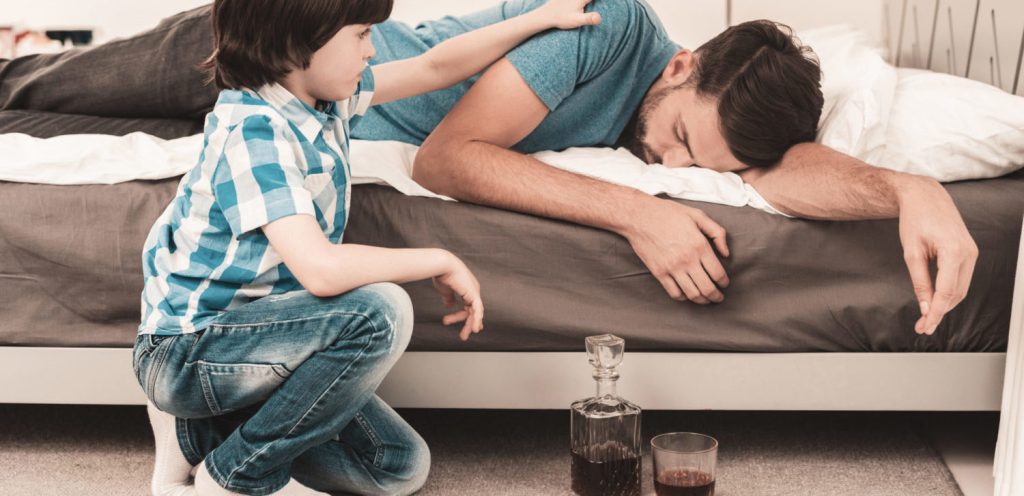
Addiction: Nature vs Nurture
Everyone’s Situation is Unique
Table of Contents
What causes someone to be an alcoholic? We can all come up with a few common reasons off the top of our head. Childhood trauma, depression, parents drank, etc. Although a lot of people in recovery have similar stories, everyone’s situation is entirely unique. What causes addiction?
According to the NIH alcoholism is thought to be caused half from nature (hereditary) and half from environmental factors (nurture).
Addiction can be caused by nature or nurture. We do not all have the same life experience. If you are exposed to alcohol a lot and have alcoholism in your family, you are at a much higher risk for addiction.
This is one of the very valuable lessons that going to a recovery program at taught me. As similar as we all are, we are just as different. It helps so much to understand the background of someone struggling with addiction.
It always speaks volumes. Listening to people talk about their experiences is extremely helpful and insightful. I’ve heard from so many other people who had it so much tougher than I did. I had supportive parents who drank. They taught me drinking was ok. And I took it to the next level with my addiction.
Addiction is a disease. The NIH defines it as: Addiction is defined as a chronic, relapsing disorder characterized by compulsive drug seeking, continued use despite harmful consequences, and long-lasting changes in the brain.
One unique thing about addiction is that it does not discriminate. My recovery had people from all different backgrounds and classes. Some diseases target certain demographics.
Addiction targets everyone, yet those that are exposed to it and have it in their genes are at a much higher risk. There are multiple reasons someone can be an alcoholic, and sometimes it can be a combination of reasons or all of them that make someone vulnerable.

Family History
They say that a family history of alcoholism is a pretty big reason. I grew up in an environment that not only fostered excessive drinking but normalized it.
It was not uncommon for holidays and family gatherings to revolve around drinking. If there wasn’t a lot of drinking on Thanksgiving or Christmas, that would have been out of the ordinary for me. I grew up thinking that’s just what you do when you get older.
When you are a child, there are a lot of times when you just wish you were an adult already. Having your first drink makes you feel a little bit older, a little bit cooler.
I still remember waiting around thinking “When am I going to get to finally be cool and have a drink like all the adults?” I believe I was 13 years old when I finally got offered my first drink from my aunt.
This program has taught me a lot about normal vs. abnormal. Although being offered my first drink at 13 by a family member was an abnormal situation, my brain was wired to believe that this is what families did.
Like a passing of the torch or some kind of reward. I’m finally old enough for a drink! Abnormal behavior like that was normalized for me at an early age. Then, I began to seek out drugs and alcohol. I got high no matter what the cost was.
This is an early sign of addiction. I wish I would have saw the signs earlier. This is a tough thing to grapple with as an adult but being made aware of it has helped me to understand how I got here, and how I can remain sober.
When to Get Help
As I mentioned before, childhood trauma and mental health issues are a leading factor in developing alcoholism. I’ve heard from so many wonderful people in this rehab who didn’t seem like they had a chance in life.
Everything was stacked against them from the start. It truly brings me to tears to hear some of these people’s stories told so eloquently, and to see how so many of them have the grace to survive it. It speaks volumes about the program I attended Without it, some of these people would not have made it.
I never experienced any sort of physical or sexual abuse as a child, but I know plenty of people who have. So many of the people I’ve met in recovery have this story.
The pain that people feel having gone through something like that is such a tricky thing to work through. There is usually a lot of shame involved as well. Unfortunately, it’s incredibly easy for these people to turn to drugs or alcohol as a result.
All you want to do when you are feeling that kind of pain is to have it go away even temporarily. Alcohol can seem like your best friend at that point, but it will always stab you in the back and leave you in a worse spot emotionally. There is no amount of drinking that can entirely block out trauma.
It’s scary to think about facing these things with a clear head. It can be scary to talk about these things with other people.
I’ve personally seen how difficult it is for people to talk about that stuff, but I’ve also seen the weight lifted off their shoulders as they work their way through it. You can find help for your addiction. Look up recovery centers near you. Find one that fits.
I asked friends and family for help. If you think you have a problem now is the time. Recovery has done such a great job of just simply making people feel comfortable talking about such uncomfortable situations.
They give people the time and the space to adequately work through some of the worst things that ever happened in their lives.
Coping with Mental Health

When you’re already fighting a different battle with your own mind, it can be just as difficult to fight the battle of substance abuse at the same time. It’s very easy to fall into addiction when you don’t feel you have the mental strength to get through daily activities.
Things like depression and anxiety are especially troubling. Having struggled with depression and alcoholism, I know how hopeless everything can seem. There are times when alcohol made me feel better.
I usually tried to hold on to those occasions rather than all the other occasions when it made me feel worse. Addiction had a way of tricking you like that. You can easily blame the sadness and self-loathing on everything else, and you can find ways to rationalize that.
Although I have felt that hopelessness, seeing so many people come out on the other side of it is what I like to focus on. This program has made me value myself and value my feelings.
You have to give yourself a break once in a while. Fighting these internal battles is something you have to work at. The people at this rehab give you the strength and the confidence in yourself to fight that battle head on.
There were times that I never thought I’d have the fight in me. This is something that I want to give to other people. I can’t personally fix anyone else, but I can try and make them realize that they can do it themselves.
I have learned a lot of things here regarding mental health issues that I was not aware of. For example, I had no idea that certain mental health disorders can actually be brought on by chronic alcohol abuse.
Alcohol induced psychosis is a scary one. Yes, it is possible to actually drink yourself into psychosis. A lot of people unfamiliar with recovery think that alcohol can just kill you. They are unaware that it can take your mind first.
Reading about this stuff now makes me wonder about some of the folks in my family who were lifelong alcoholics. Was the dementia my grandmother had just a result of old age or a hereditary thing? Did her daily glasses of whiskey and water have something to do with it as well?
Luckily, we live in a time now where a lot more information on the effects of drugs and alcohol is readily available. For my grandparents’ generation, I think they had an idea that their drinking was bad for their physical health, but I don’t think it occurred to them that their mental health was being affected too.
We have come a long way in understanding that both nature and nurture play a role in addiction.








